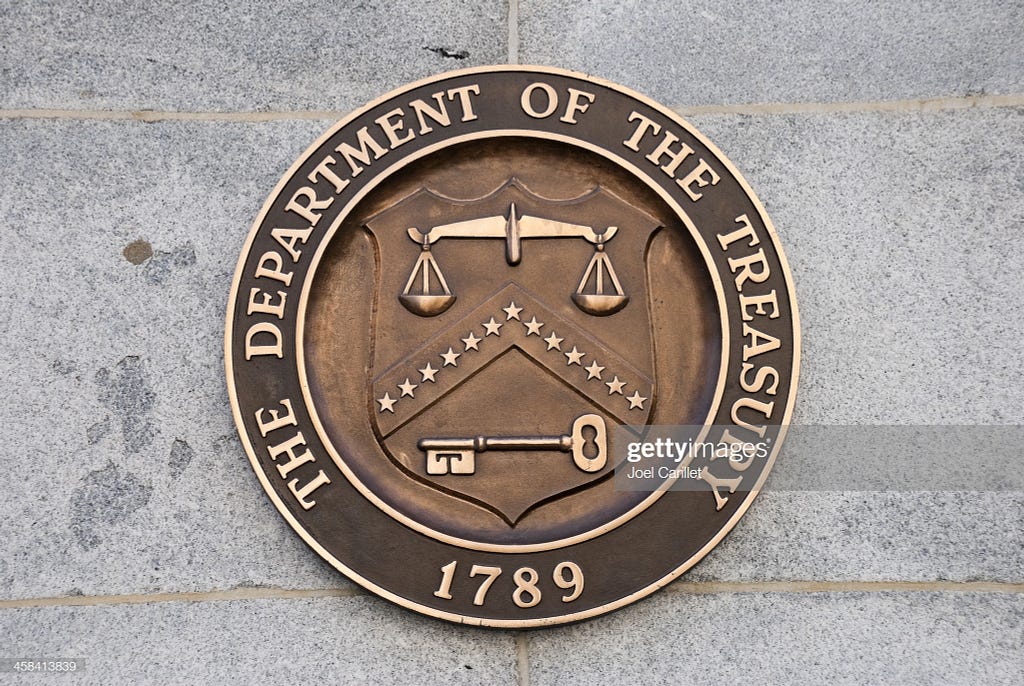The Gorilla Unleashed

The most significant event this past week was the bi-partisan agreement to lift the debt ceiling and increase spending over the next two years. The agreement goes before the Senate next week and then to the White House where, unlike last October, it will most likely be signed into law.
The Federal Government’s budget is like the proverbial 800 pound gorilla in the room; the trillions that are spent get added to the economy, and this spending is the most influential fundamental variable affecting the stock market. The increased spending, even if some of it will not be very productive (100 miles of wall), will flow into infrastructure where it will increase productivity and keep the expansion alive.
The Treasury is the “financial officer” of the monetarily sovereign U.S. Federal Government. When the treasury, through the central bank (Federal Reserve), purchases goods and services from the private sector, it creates currency into the economy which becomes the surplus of the private sector. Since the self-imposed debt ceiling was reached last March, the Treasury has not been able to create new money to spend into the economy. It has had to operate like any household budget where the bread-winner has lost their job and, therefore, lost access to the dollars they need to pay all the bills. Such a situation, forces a household to take funds from certain savings accounts meant for retirement and use them to pay the more immediate bills, like buying food. That is what the Treasury has been doing for nearly four months. August 7th is the date that Treasury Secretary Mnuchin has informed Congress will be the last day where the Treasury can ‘rob Peter to pay Paul’. It is vitally important that the spending agreement is signed into law before that date. It seems very likely that it will be made law because no-one would win by not doing so.
Deficit spending will resume once again as the Treasury implements the new approved spending bills and makes whole the accounts that it was forced to raid during the debt crisis in order to keep the government functioning. The resumption of deficit spending means that the supply of Treasury securities will increase, the prices paid for these treasuries will decrease, and the interest rates on these securities will rise. The increased supply of Treasuries also means that banks will no-longer be pressured to buy gold as a tier 1 asset which, when combined with a rising dollar (thanks to rising bond rates), will put downward pressure on gold prices.
The increased spending is expected to increase bond rates, rally the dollar, put pressure on gold, rally the stock market, and rally oil (as the economy expands).
Join us at www.angtraders.com and replicate our trades and profits.
Quelle Nicholas Gomez





